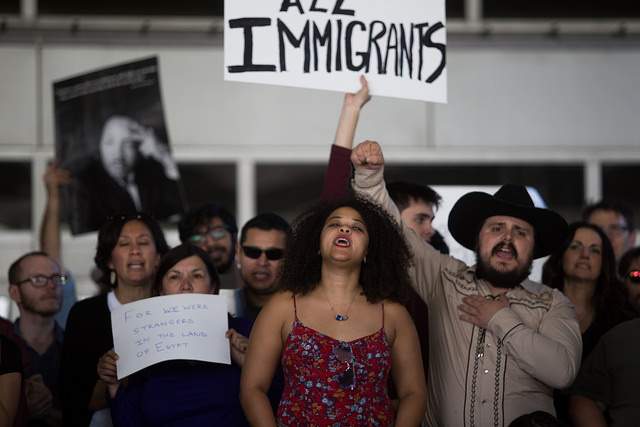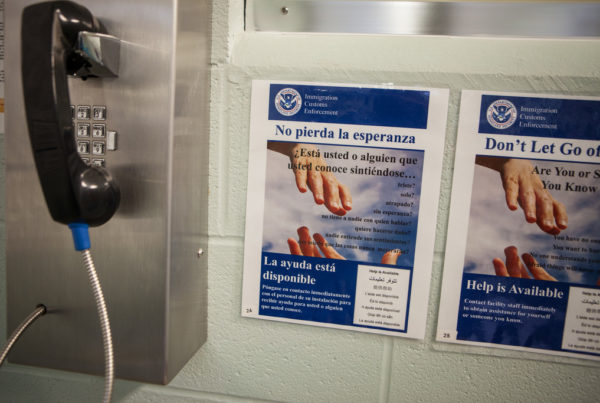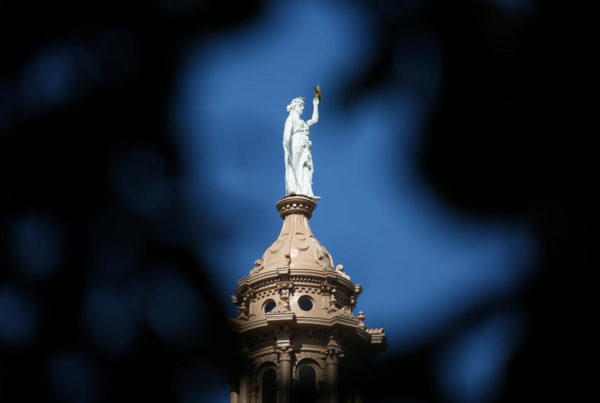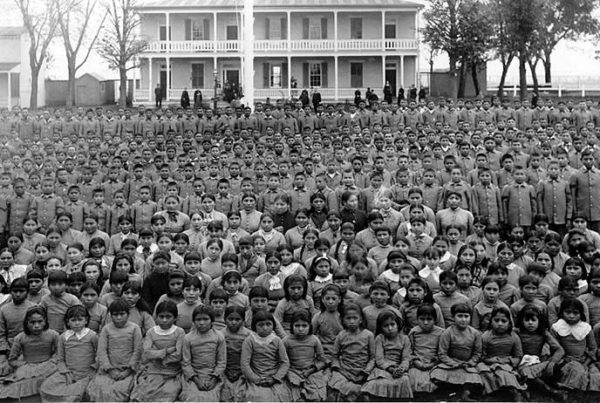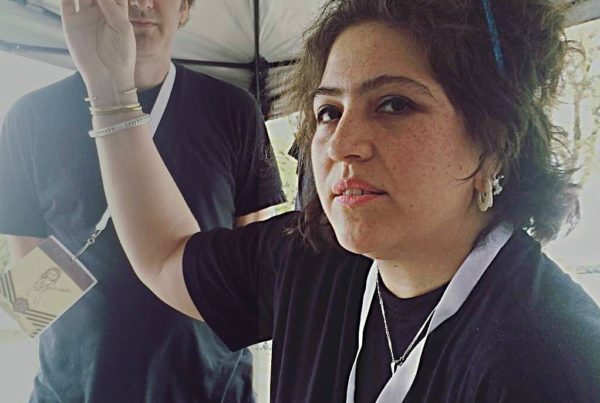The Supreme Court ruled Tuesday that the president can establish a ban on travel to the United States from selected majority-Muslim countries. The ban, which was among the president’s first actions after taking office in 2017, had previously been rejected by lower courts, and amended by the administration.
Opponents of the travel ban have argued that the president’s comments during the campaign regarding ending the entry of Muslims into the United States exhibited religious animus.
Steve Vladeck, professor of law at the University of Texas at Austin says the ruling indicates the court’s majority believes that Trump’s comments are “unfortunate,” but that they aren’t enough to invalidate the ban.
“Just because the president says something stupid,” Vladeck says “that doesn’t mean you can’t continue to act in ways he has the lawful authority to do.”
And intent, Vladeck says, place a lesser role in this instance than it does in other kinds of cases.
“At least when it comes to these kinds of executive orders,” he says “intent isn’t going to be as important as it is, for example, in a workplace discrimination case, or earlier this month, in the Masterpiece Cakeshop case.”
And the case’s impact goes beyond the travel ban.
“What you see in today’s opinion is a broad reaffirmation of the broad authority the president has, at least as a matter of statutory delegation from Congress, to make pretty concerning categorical decisions about immigration into the country,” Vladeck says.
In her dissent from the ruling, Justice Sonia Sotomayor said the court “redeploys the same dangerous logic underlying Korematsu, and merely replaces one gravely wrong decision with another.” Korematsu v. United States upheld the internment of Japanese citizens of the U.S. During World War II for national security reasons.
“The real criticism of the Korematsu case is that the Supreme Court neglected what are really obvious and transparent signs that the internment camps were motivated solely by anti-Japanese animus and racism,” Vladeck says. “And [Chief Justice John Roberts] says ‘this case is totally different.””
Written by Shelly Brisbin.


